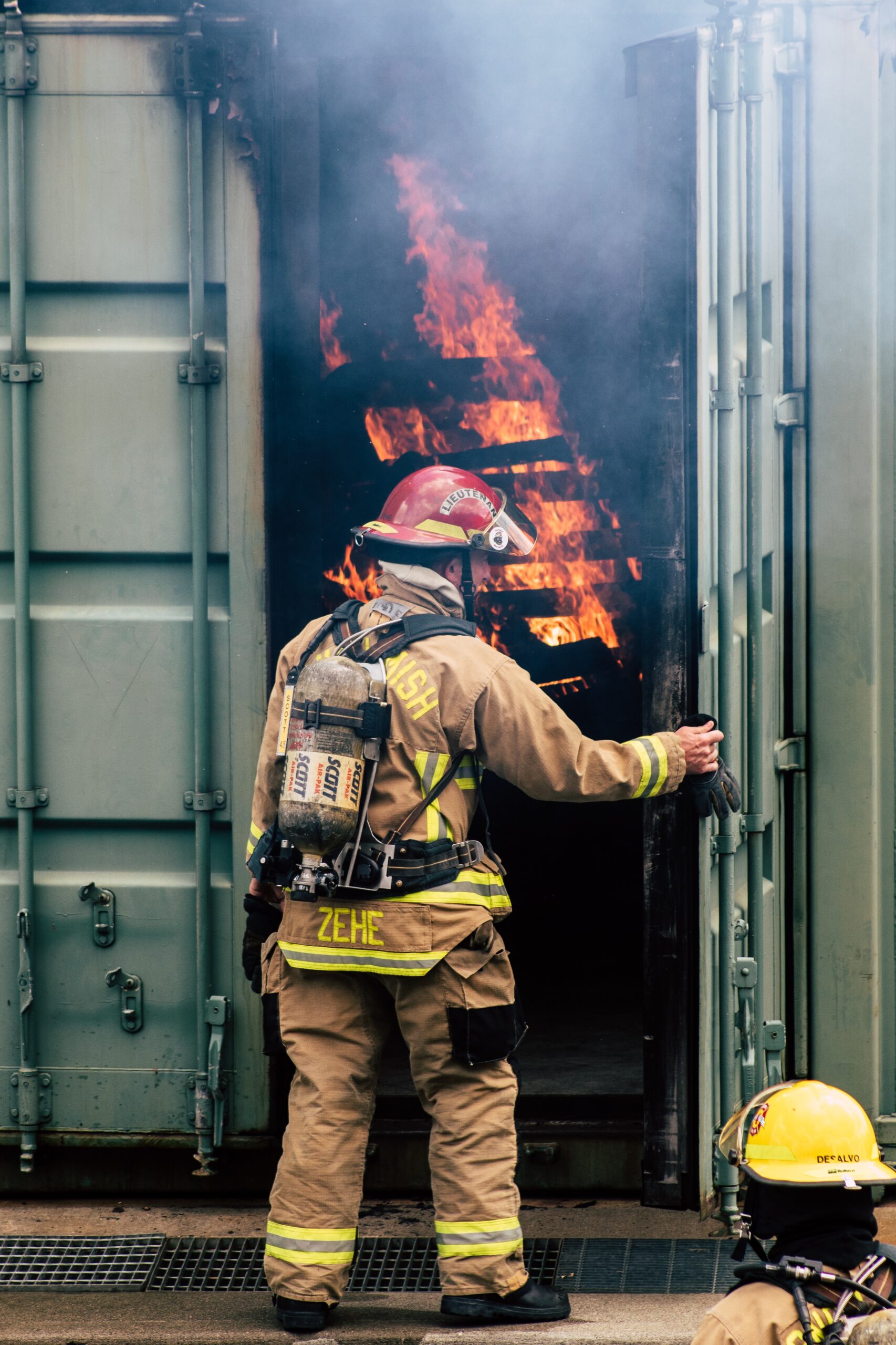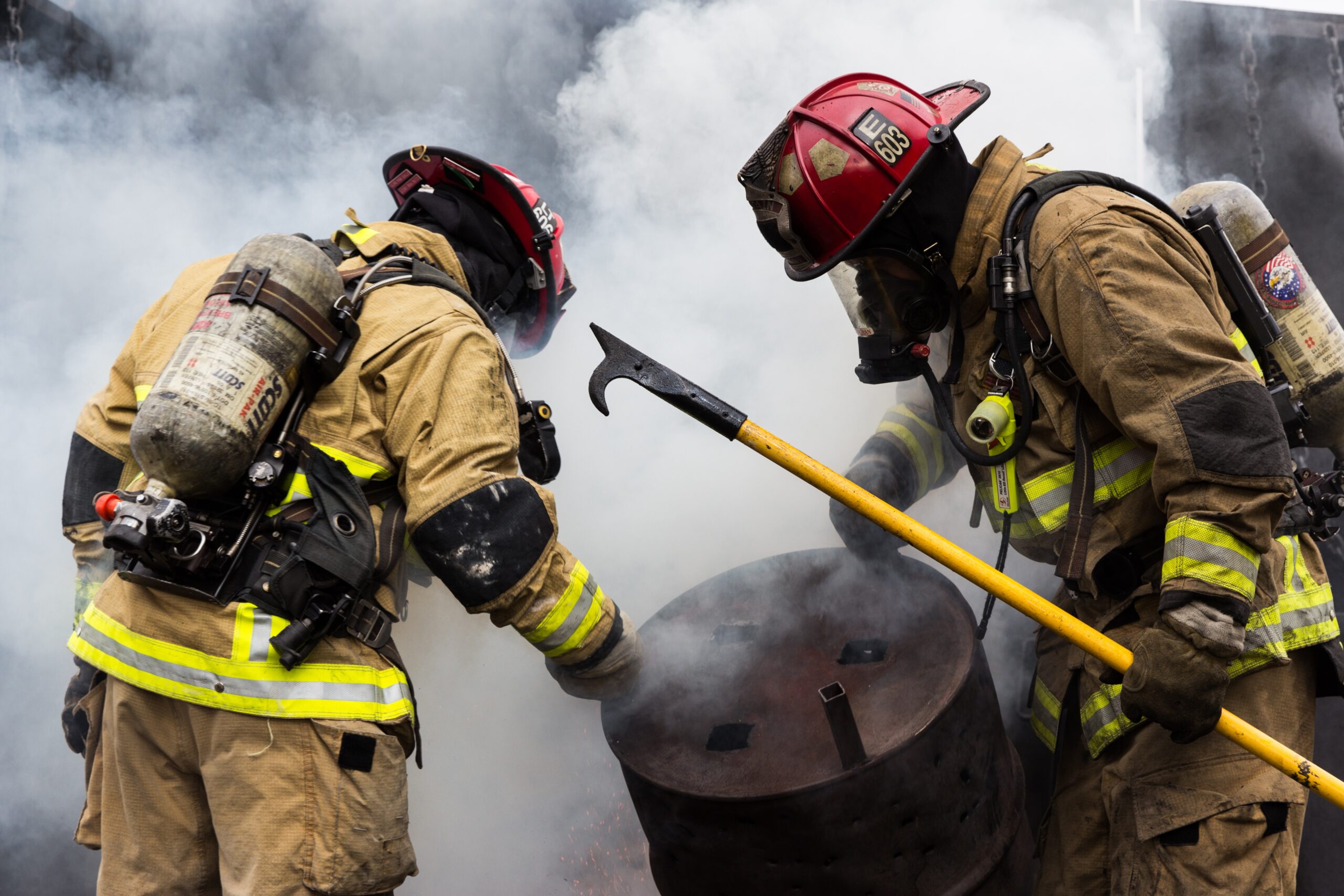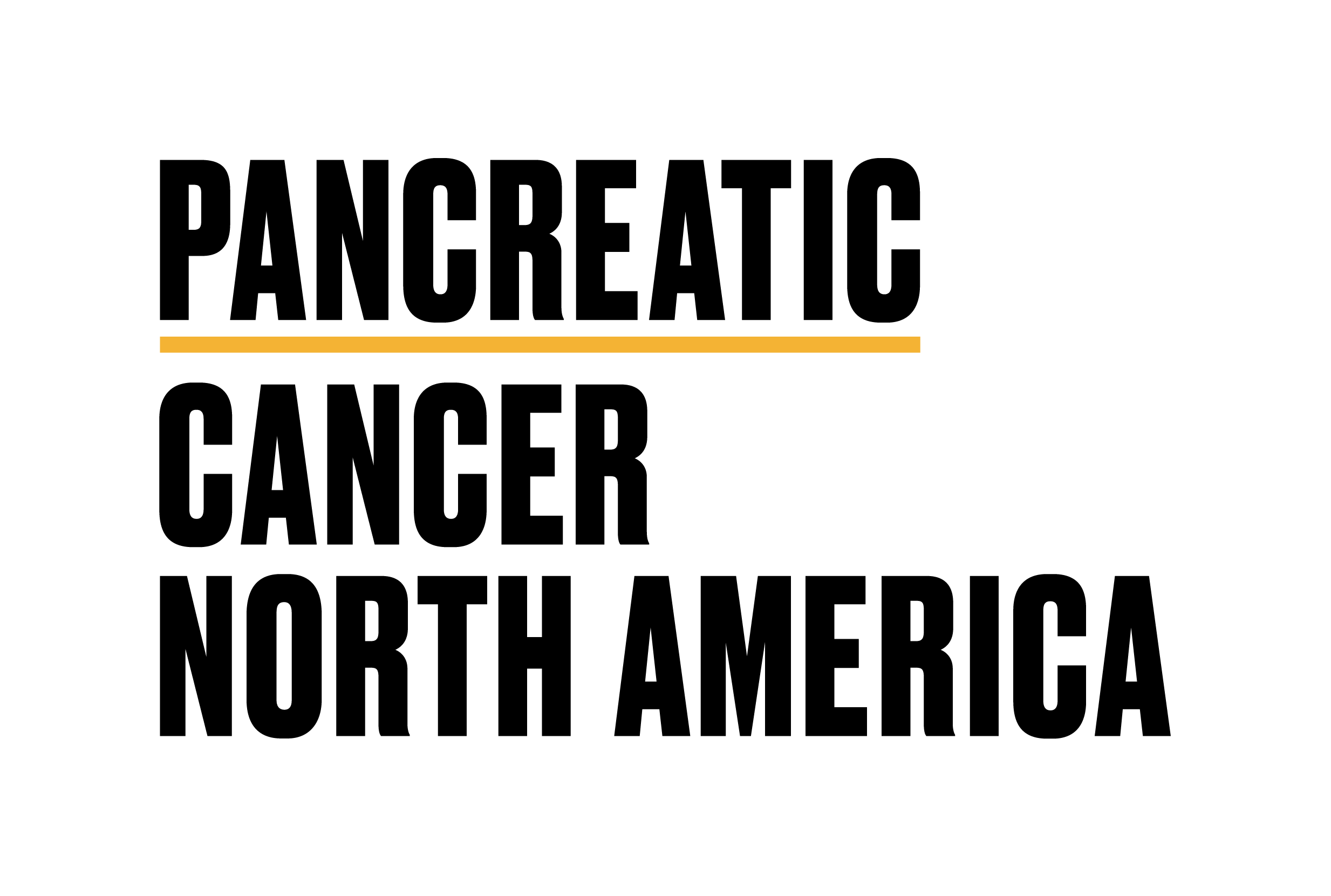Fire Fighting and Pancreatic Cancer
Cancer is the most dangerous threat to a fire fighter’s health and safety today. According to the International Association of Fire Fighters, cancer accounted for 75 percent of in line of duty deaths in 2022. The 1.2 million active fire fighters across North America face the harsh reality that they are likely to receive a fatal cancer diagnosis because of their heroic service.
At Pancreatic Cancer North America, we have been working with fire fighters diagnosed with pancreatic cancer who were denied occupational cancer coverage, causing additional stress and trauma for their families grappling with an already fatal diagnosis. It was through this work that we realized that the people who put their lives at risk to protect our communities were, in turn, not receiving the support they deserved.
There has been mounting scientific evidence supporting the correlation between fire fighting and pancreatic cancer and yet, further research remains overlooked and underfunded. Similarly, the lack of cancer-related support services for the firefighting community are often ignored or inaccessible.

Fire Fighters and Cancer
- Cancer accounted for 75% of line-of-duty deaths in 2022.
- Fire fighters have a 9% higher risk of being diagnosed with cancer and a 14% higher risk of dying from cancer than the general U.S. population.
- Pancreatic cancer is the world’s deadliest cancer with a survival rate of only 13%. There is increased evidence tying exposure to carcinogens to pancreatic cancer.
- The World Health Organization has classified the occupation of fire fighting to the highest hazard category: Group 1: carinogenic to humans.
- Fire fighters are exposed to a range of cancer-causing toxins on the job and limitations in fit, design, maintenance and decontamination of personal protective equipment can contribute to exposures.
Signs and Symptoms
The signs and symptoms of pancreatic cancer are usually vague, which makes it one of the most challenging diseases to catch in its early stages. If you experience one or more of these symptoms, speak to your doctor about diagnostic testing for pancreatic cancer.
- Persistent pain in the upper abdomen or back
- Jaundice
- Changes in stool colour
- Overall skin itch
- Late-onset diabetes
- Loss of appetite or unintended weight loss
- Fatigue
- Nausea and vomiting
- Diarrhea and constipation
Common Misdiagnoses
There is no rapid screening test for pancreatic cancer and symptoms can resemble other ailments, making it easily misdiagnosed at the first signs. Below are some of the common misdiagnoses for pancreatic cancer you should be aware of.
- Gallbladder disease or gallstones
- Irritable Bowel Syndrome (IBS)
- Peptic ulcer
- Diverticulitis
- Muscular pain
- Gastroesophageal reflux disease (heartburn and reflux)
Other Cancer Risks
In addition to pancreatic, growing evidence indicates that fire fighting has links to the following cancers. The cancers listed below are almost universally accepted as related to fire fighting exposures. Listen to your body and be vigilant of any changes in your health.
- Colorectal
- Bladder
- Brain
- Kidney
- Leukemia
- Esophageal
- Lung Cancer
• Thyroid
• Ureter
• Breast
• Multiple myeloma
• Prostate
• Skin
• Cervical
• Penile
• Non-Hodgkin’s lymphoma
What Firefighters Can Do
any concerns with your gear.
• Ensure your doctor knows about the risk factors associated with your profession and
that pancreatic cancer is something that should be watched for.
• Stay vigilant of the signs and symptoms of pancreatic cancer and speak to your
doctor if symptoms persist or feel unusual. A timely diagnosis is a patient’s greatest
chance of survival.
• Download the National Fire Operations Reporting System Exposure Tracking App.
This app will allow you to track your exposures and serve as a personal database
providing a detailed history of work and exposures in a private and secure online
environment should you ever need it.

We’re Here to Help
We are here to answer your questions, provide support, and encourage you to share your story. If you would like further information about this disease, our awareness and advocacy efforts, or to share about your experience, please contact us.
Learn More

Pancreatic Cancer North America
800 Third Avenue FRNT A #1523
New York, NY
10022
Toll Free: 1-844-274-3640
info@pancreaticcancerna.org
